Awards recognize inspiring, student-centred educators
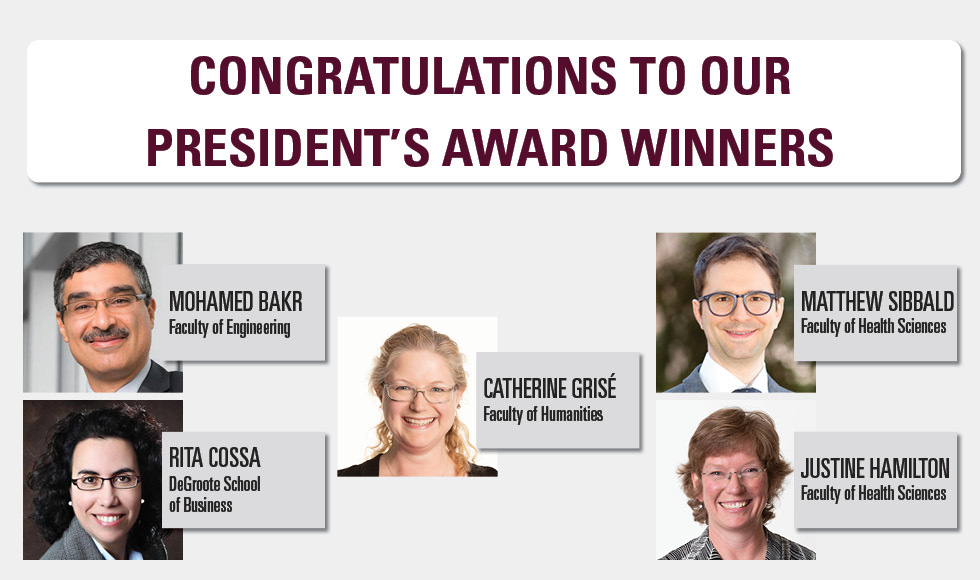
Five faculty members receive the President’s Awards for Outstanding Teaching and Learning, in recognition of their commitment to innovation, continued excellence in teaching and dedication to students’ learning.
Five faculty members have been awarded the President’s Award for Outstanding Contributions to Teaching and Learning for their commitment to education through innovation, continued excellence in teaching and enhanced student learning.
Award recipients are nominated by peers, campus leaders or partners within the campus community, and nominations are evaluated by a selection committee appointed by the president. The achievements of the award winners will be showcased as part of the Spring Convocation virtual celebrations.
Meet this year’s recipients, with testimonials from their nominations:
Justine Hamilton
Director of clinical education and assistant professor, speech-language pathology program, School of Rehabilitation Science
“Justine’s teaching innovations are the major reason for the outstanding reputation of our graduate students, both locally and nationally; and have allowed us to maintain our high standards of student training and high volume of student clinical placements under incredibly challenging circumstances.”
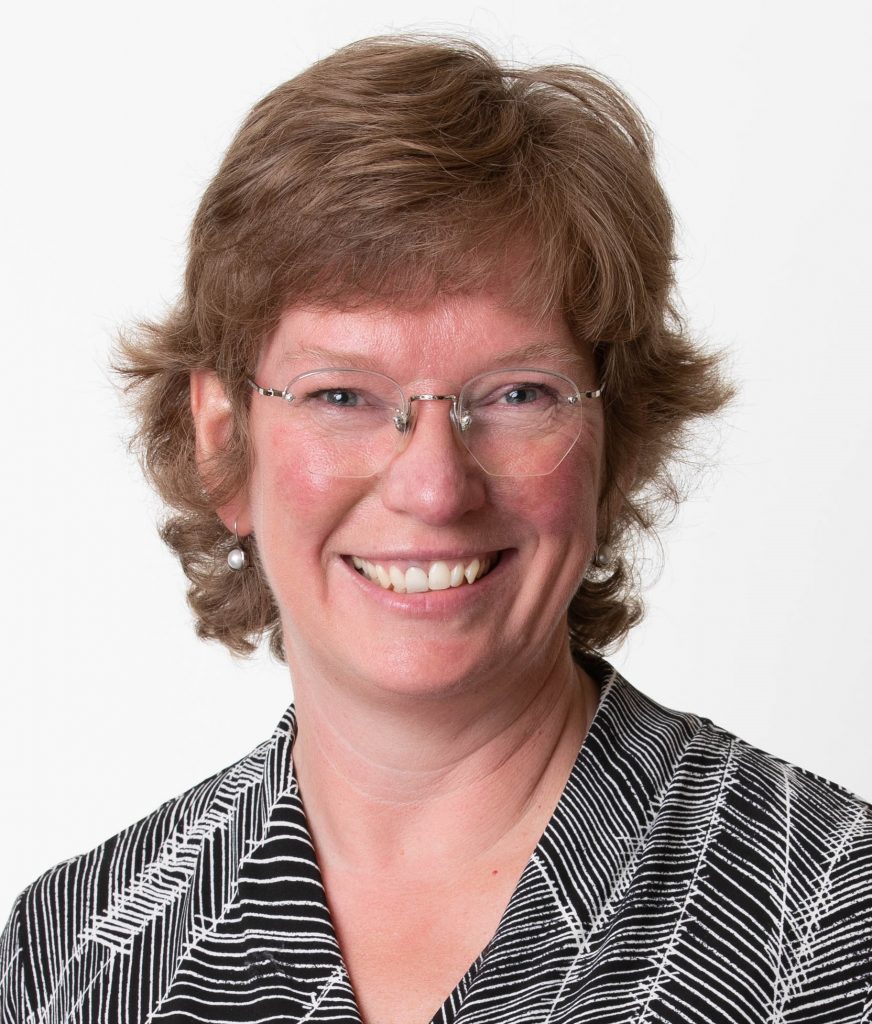
Hamilton’s approachable and accessible instructional methods resonate with students. One student noted that her approach fosters in students the lifelong reflective learning and communication skills necessary for success in the field of speech language pathology.
Hamilton contributed to designing the McMaster Speech-Language Pathology program around problem-based learning, making it the only problem-based learning program in speech-language pathology in North America. She chairs the Hamilton Regional Speech-Language Pathology and Audiology Council, and Co-Chairs the Canadian Academic Coordinators of Clinical Education.
Matthew Sibbald
Associate professor, medicine, Faculty of Health Sciences; Director, Centre for Simulation-Based Learning (CSBL); Program director for cardiology, postgraduate medical education program
“Collegial. Innovative. Develops people and invests in relationships. Humble leader who gives others credit even when it should be his. Generous. Highly efficient and highly organized.”
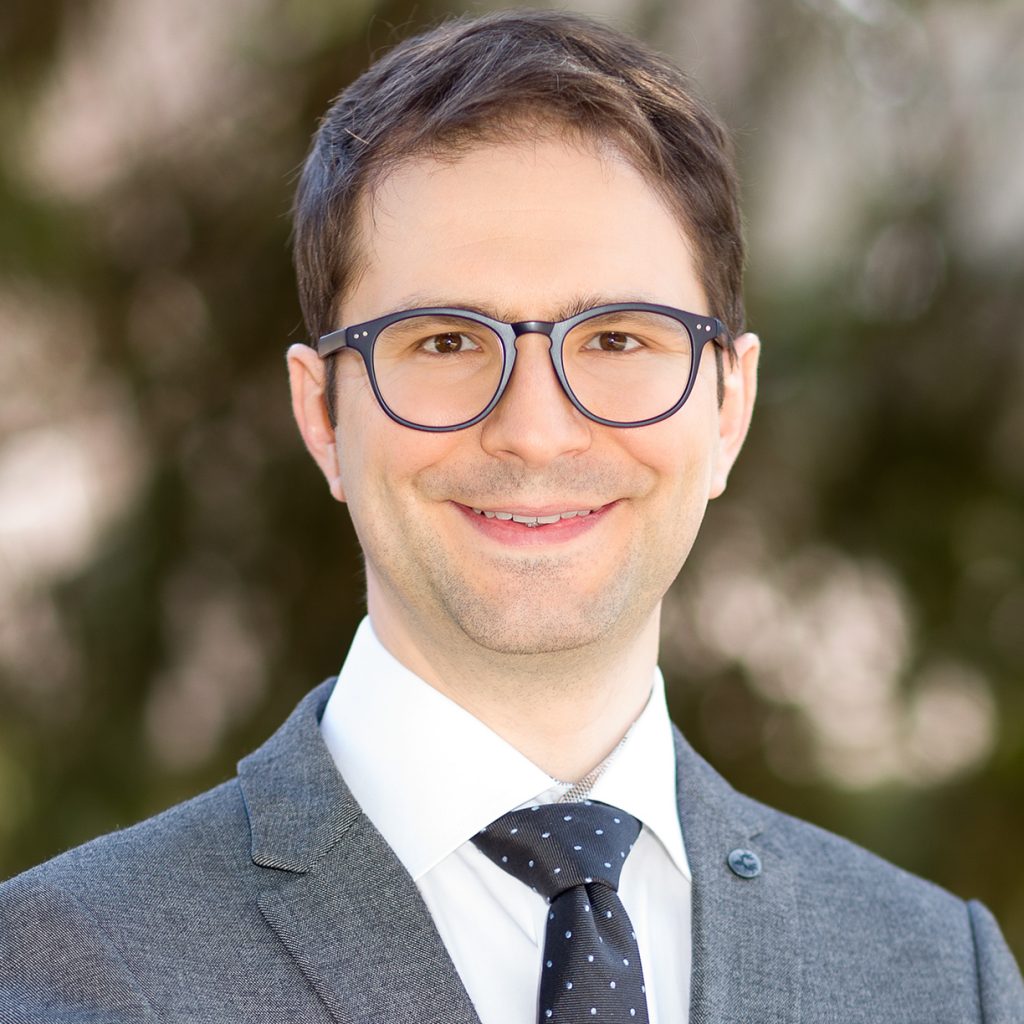
Sibbald helped develop the Centre for Simulation-Based Learning, which has grown to over 24,000 learner visits annually. He guided the centre through the accreditation process less than a year after he became director, an accomplishment described as “unparalleled in Canada.”
The use of simulations is crucial to Sibbald’s teaching philosophy, supporting education that is contextual, collaborative, constructive and self-directed. He advocates a “continuous improvement mindset” and encourages learners to co-construct curriculum, helping create case studies which are realistic and tailored to be relevant to each learning group that visits the CSBL. Sibbald also mentors undergraduate students, helps CSBL staff in professionalization activities, and offers workshops for faculty to share innovations more broadly.
Sibbald has been recognized internationally with the CAME Certificate of Merit for exemplary faculty in Canadian Medical Schools (2020), the Ernie Fallen Award for Excellence in Teaching, Postgraduate Medical Education (2019), and the Wightman-Berris Postgraduate Teaching Award (2014). Within McMaster he has been awarded the McMaster University Program Director Award for Innovation, Postgraduate Medical Education (2018).
Cathy Grisé
Associate professor, English and cultural studies, Faculty of Humanities
“The innovation and dedication that Dr. Grisé demonstrated … highlights the commitment she has to fostering the educational development of her students through both teaching and learning. However, this was not a commitment that she held only for her students but was one she also held for herself. This was clear from her constant encouragement to always learn from each other and to recognize the rare opportunity we had to experience teaching and learning through the many diverse perspectives involved with our experience in English 3RW3.”

Grisé has blazed a trail in her move from from teacher-centred to student-centred instruction, and from lecture-based to active learning. She implemented the first experiential learning course in her department, pairing undergraduate learners with local elementary schools to study literacy pedagogy. She also champions experiential learning across the University, participating on the Provost’s Ad Hoc Experiential Learning and Community Engagement Taskforce.
Grisé developed departmental training for teaching assistants and engaged in curriculum development to enhance the overall student experience. She is an active participant in peer-to-peer learning and mentorship, working closely with the MacPherson Institute through the Leadership in Teaching and Learning Fellowship, the Student Partners Program, and as author of many guides, handbooks, and presentations on pedagogy for the broader McMaster community.
Rita Cossa
Associate professor (teaching track), DeGroote School of Business
“I liked Rita’s willingness to learn and adapt to fit her students. She genuinely cares for her students and is always there to help, regardless of the situation. She makes personal connections with her students in an online environment which is a great accomplishment.”
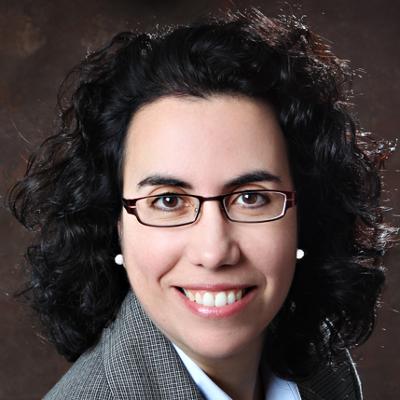
With a heavy teaching load and attention to pedagogical innovation, Cossa uses her considerable experience from her career in the financial services industry to ensure students develop the skills needed to thrive in the business world. She supports learners through active learning, including case studies, simulations, and team-based learning. She sets tangible, practical goals that empower students to take ownership of their own learning and see the intrinsic value in course content.
Cossa is also is dedicated to fostering equity and inclusion. By working with student partners to explore equity in her classroom and the broader community, they developed a guide titled An Introduction to Equity in the Classroom.
In April 2021, Cossa was featured as an expert on blended pedagogy in the Teaching Remotely panel series, held in concert by the MacPherson Institute and Provost’s Office, and recognizing her accomplishments over the past year.
Mohamed Bakr
Professor, department of electrical and computer engineering
“Dr. Bakr has been by far the best professor I’ve had so far in my university experience. He is the true embodiment of what a professor should be, he makes learning enjoyable, cares for his students, and allows students to redeem themselves in an otherwise harsh learning system… He has been exceptional in these troubling times.”
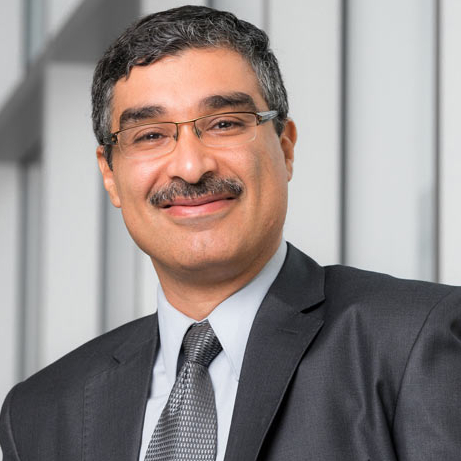
Bakr’s teaching philosophy centres on what he calls a “moral responsibility” to his students. In 2013, he flipped his classroom and labs, adopting blended learning formats. He transitioned instructional components online, developing more than 180 YouTube videos that are open to the public, garnering half a million views and counting. In the classroom, Bakr focuses on active learning and engagement with students. He positions himself as a friend to students, not an opponent, and provides second chances for students who had a “bad day”, as well as recognition of high achievement.
Bakr has a tremendous publication record and has changed the culture of instruction in his department, encouraging his peers to take risks and innovate. His record of mentorship and leadership has been recognized institutionally, earning citations on the Dean’s Teaching Honour Roll from 2015 to 2019, and a Faculty Appreciation Award from the McMaster Engineering Society in 2020.


